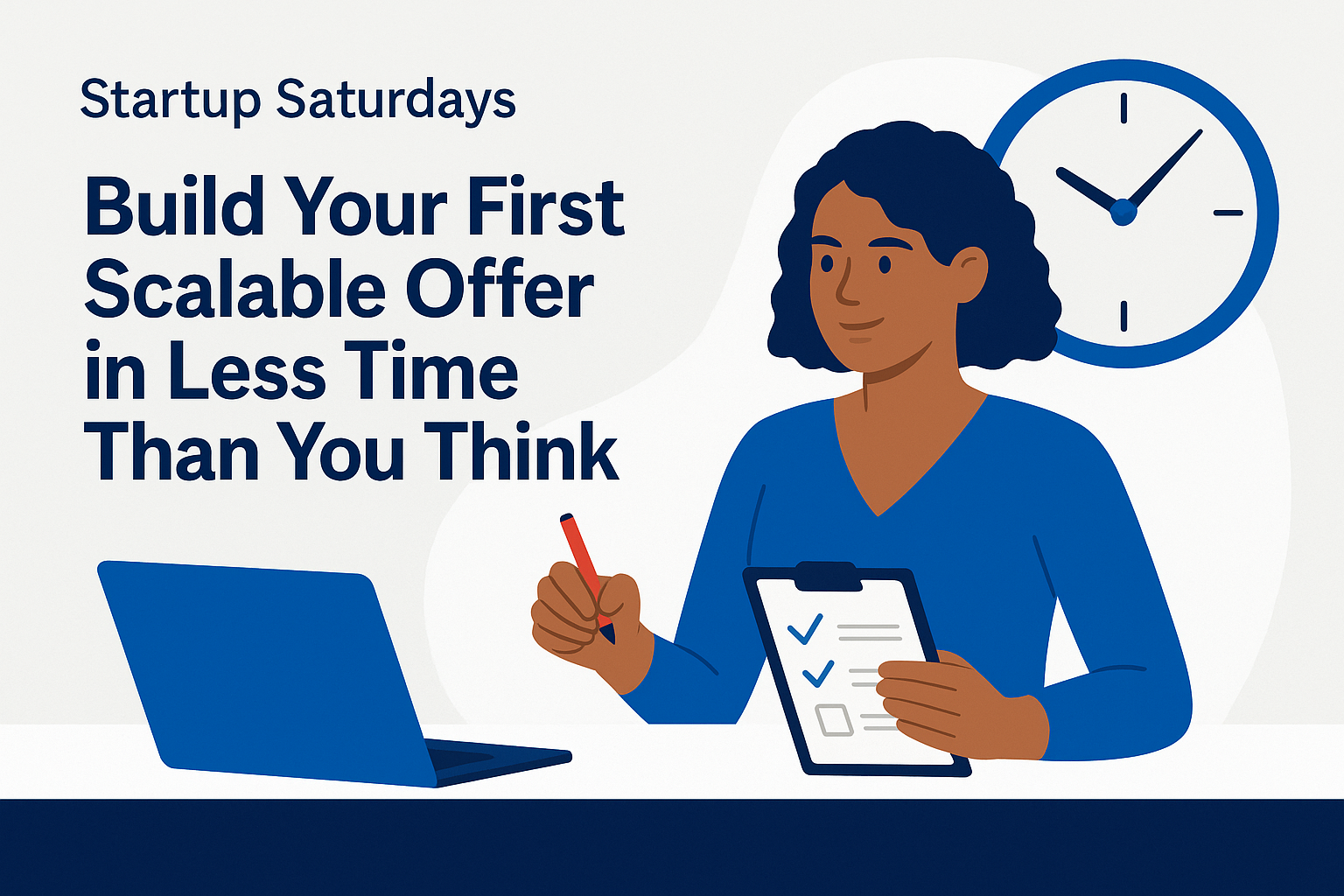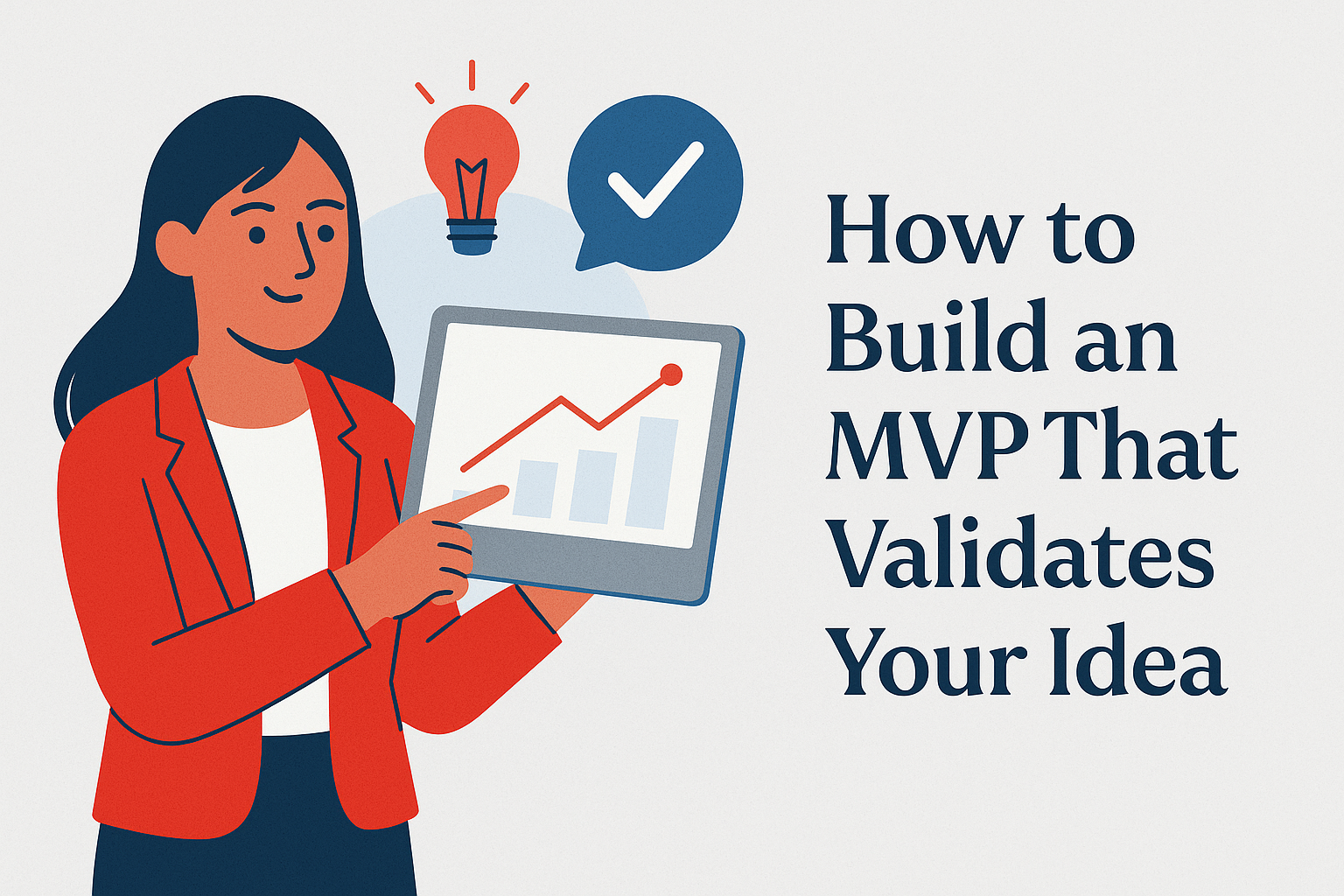Startup Saturdays
When I first started exploring business for introverts, I didn’t have a roadmap—just advice that didn’t feel like me. Everyone said the same thing: “You have to network to grow.” So I did it. I joined chambers, passed out business cards, introduced myself to strangers. I networked my heart out—and while it got me attention, it didn’t get me clients. That’s when I started questioning whether the typical advice was ever meant for people like me—introverts. How would building a business for introverts look in a world of extroverted hustlers?
Later, when I trained to become a certified coach, I learned something that changed my perspective: If something doesn’t feel aligned, you don’t have to do it. Be true to yourself.
That stuck with me as I rebuilt Backbone America from the ground up. I chose to focus on what I’m great at—and more importantly, what I enjoy. Strategy. Systems. Automation. I let go of what drained me, like networking. And the wild part? I’ve grown more by leaning into what fits than I ever did trying to be someone I’m not.
That’s the magic of building a business for introverts—you don’t have to force extroverted tactics to be successful. You just need a model that respects your energy and plays to your strengths.
Why Traditional Advice Fails Introverts

What finally clicked for me wasn’t that I needed to push through it—it was that I needed a different path entirely. The problem wasn’t effort. The problem was the model I was trying to follow.
Introverts do their best work in environments that allow for deep focus, intentional connection, and meaningful progress—none of which require shouting to be seen. But the loudest voices tend to get the most airtime in traditional business spaces. That can make it seem like there’s no place for a quieter approach.
But building a business for introverts doesn’t mean playing small. It means designing something that works with your nature, not against it. A business that’s driven by clarity instead of noise. A path
Traits That Make Introverts Strong Business Owners
When you build a business for introverts, you’re not compensating for a disadvantage—you’re leaning into strengths that are often undervalued but incredibly effective.
You recharge through solitude. That means you don’t need constant contact to stay on track. You do your best thinking when you’ve had time to step back and breathe—and in business, that space often leads to sharper decisions.

You’re naturally wired for depth. Whether it’s the way you communicate, create, or solve problems, you’re not interested in surface-level shortcuts. That depth builds trust. It makes clients feel seen, not pitched.
You also thrive in low-stimulation environments. You’re not chasing chaos or constant buzz. You prefer quiet focus—and that’s exactly what allows you to produce work with care and consistency.
You’re self-motivated and independent. You don’t need a hype squad to move forward. You build momentum in your own way, on your own timeline—and that reliability? It shows.
You’re intentional with your words. You don’t speak just to be heard. You speak when it matters—and that makes people listen.
And when it comes to relationships, you’d rather have a few aligned clients than dozens of mismatched ones. That selectiveness isn’t about being exclusive—it’s about building something sustainable.
These traits don’t hold you back. They’re what make your business strong, grounded, and trustworthy from the start.
Business Models That Actually Fit Introverts

The truth is, there’s no one right model. But there are models that fit better depending on your energy, your preferences, and your long-game vision. Building a business for introverts starts with choosing a structure that supports how you naturally work—not one that constantly forces you out of alignment.
Introverts can run coaching businesses. Tech startups. Online stores. Agencies. Personal brands. It’s not the type of business that makes the difference. It’s the way it’s built.
The key is to design your business in a way that supports your strengths and protects your energy. That might mean:
Automating the parts that exhaust you (like repetitive emails or scheduling)
Creating structured communication instead of open-door availability
Designing services with fewer touchpoints, but higher value
Choosing content formats that let you prepare in advance instead of reacting live
Building marketing systems that attract people quietly and consistently, even when you’re not front and center
Business for introverts isn’t about shrinking your ideas. It’s about expanding your options—by choosing models, tools, and systems that let you lead on your own terms.
There’s room for you in any lane you choose. What matters is that it fits you—not just in theory, but in practice.
How to Choose Your Quiet-Fit Business Model
This isn’t about finding the “perfect” structure. It’s about noticing what gives you energy—and what quietly drains it. The business model that fits you best is the one that supports your clarity, protects your capacity, and leaves room for you to show up as yourself.
That kind of clarity doesn’t come from guesswork. It comes from stepping back and asking better questions:
What kind of interactions actually energize me?
How much solo work do I want in my day-to-day routine?
Do I prefer working behind the scenes or being client-facing?
What am I naturally good at that I enjoy repeating?
Where do I need more structure, and where do I need more freedom?
These aren’t surface-level preferences. They’re core design choices that shape how your business feels—day after day, client after client, launch after launch.

You don’t have to settle for a business that constantly drains you. And you don’t have to force yourself into a model that feels performative or exhausting.
You get to build something that fits you.
The Quiet Path Isn’t the Lesser One
There’s a common assumption in entrepreneurship that louder means better. That success has to be big, public, nonstop. But that’s just one way—and it’s may not be your way.
The quiet path isn’t less ambitious. It isn’t less committed. And it definitely isn’t less effective. It’s just built differently.
A business for introverts isn’t about hiding from visibility. It’s about choosing alignment over performance. Structure over noise. Depth over distraction. It’s about building something real—something that lasts—without burning yourself out trying to match someone else’s pace.
You don’t have to hustle louder to prove you belong here. You already do.



